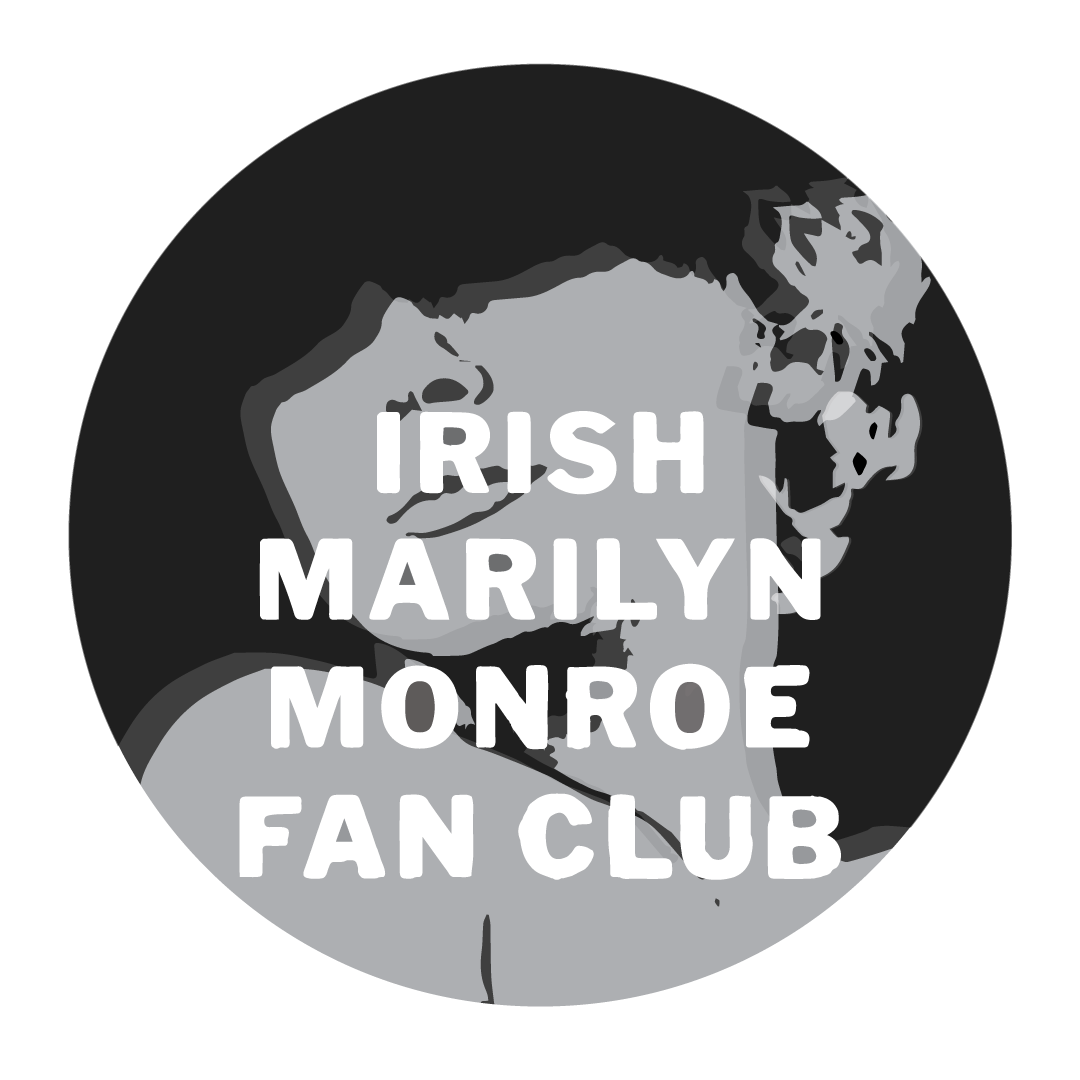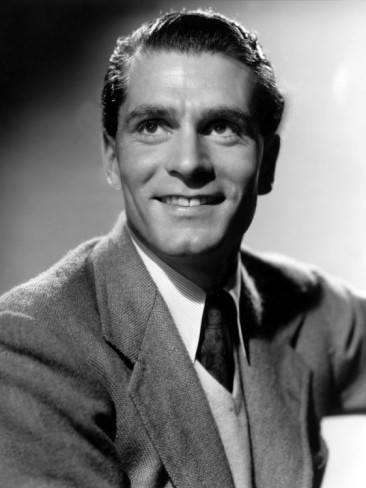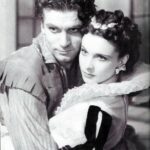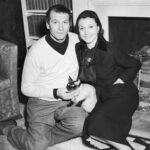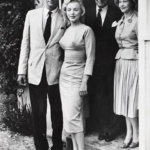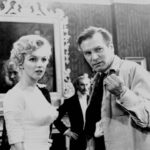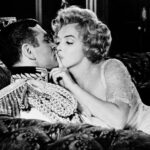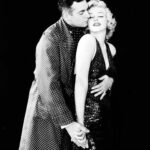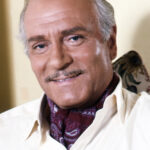Sir Laurence OIivier was born on 22nd May 1907 in Dorking, Surrey to Reverend Gerard Kerr Olivier and his wife, Agnes Louise. Olivier was the youngest of three children.
In 1924, Olivier began his acting education at the Central School of Speech Training and Dramatic Art. Olivier’s sister had been a student there and was a favourite of Elsie Fogarty, the founder and principal of the school. Olivier’s star began to rise between 1930 and 1935 when he starred on stage for Noel Coward and worked with the likes of Gloria Swanson and Greta Garbo.
In late 1936 Olivier joined the Old Vic Company amongst other acting greats Michael Redgrave and Alec Guinness. The following year Olivier appeared alongside Vivien Leigh in the historical drama ‘Fire Over England’. Olivier had met Leigh previously and the two had begun an affair. Of Leigh, Olivier later commented “I couldn’t help myself with Vivien. No man could. I hated myself for cheating on Jill (his first wife), but then I had cheated before, but this was something different. This wasn’t just out of lust. This was love that I really didn’t ask for but was drawn into.”
Whilst at the Old Vic, OIivier starred in both ‘Hamlet’ and ‘Macbeth’. Olivier in fact started the tradition of playing Hamlet at Elsinore, which has since been followed by many great actors. With the starring role in ‘Coriolanus’, Olivier had what was described as “Olivier’s first incontestably great performance”.
Between 1938 and 1951, Olivier established himself in Hollywood, starring to critical acclaim in screen versions of ‘Wuthering Heights’ and ‘Hamlet’ – the latter winning him an Academy Award for Best Actor. In 1956 Olivier directed, then wife, Leigh in the stage play ‘The Sleeping Prince’ which ran for eight months.
Although Leigh had played the showgirl in the stage version, Olivier felt that she was too old to play Elsie Marina on the big screen. As a result, when Olivier arranged to direct and star in the movie version, which Marilyn Monroe held the rights to, he cast Marilyn as the showgirl. Prior to Marilyn’s arrival in the UK, Olivier claimed “One thing was clear to me: I was going to fall most shatteringly in love with Marilyn.” However, the reality of filming with a newly married Marilyn (she had just married American playwright Arthur Miller) proved to be more difficult than Olivier could have imagined. The filming was marred by Marilyn’s constant lateness and absenteeism, which greatly frustrated Olivier. The presence of Paula Strasberg on set and Marilyn’s use of “The Method” acting technique was also a bone of contention with Olivier. The relationship between Olivier and Marilyn became further strained when, struggling with a scene, Olivier suggested Marilyn “just be sexy” and she never forgave him for it. While the movie was a difficult experience for all involved, it received reasonably positive reviews. Olivier was said to have been surprised that Marilyn’s performance was better received than his own.
Years after ‘The Prince And The Showgirl’ was made, an assistant, who was said to be little more than a gofer, Colin Clarke, wrote a book about his experiences on the set. The book was called ‘The Prince, The Showgirl and Me’. There was a period of a week missing in the book which Clarke later wrote about in ‘My Week With Marilyn’ but there are doubts about it’s validity. In 2011, the book was made into a movie of the same name, starring Eddie Redmayne as Clarke, Michelle Williams in the role of Marilyn and Kenneth Branagh as Olivier. The movie contains several inaccuracies, namely;
- Marilyn had a miscarriage during the filming – there is nothing to support this – although, the rumour may have stemmed from the fact that Leigh did have a miscarriage just weeks before Clarke claims Marilyn did;
- Marilyn had an affair or daliance with Clarke – while he claims the affair happened while Arthur Miller was visiting his children, in actual fact Marilyn was not even on set during that period. Miller was on set with Marilyn for the entire duration of her time on set.
Olivier continued to work consistently right up to his death. Some of his outstanding performances include the movies ‘Sleuth’ in 1972, and ‘Marathon Man’ in 1976. Olivier continued to act on the stage aswell, performing as a “breathtakingly pure” King Lear in 1983.
After 22 years of declining health – including thrombosis and dermatomyositis, a degenerative muscle disorder – Olivier died of renal failure on 11th July 1989, aged 82, at his home near Steyning, West Sussex.
